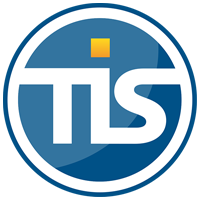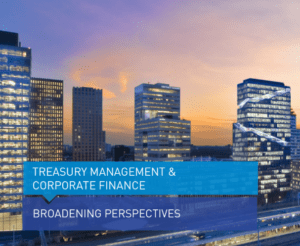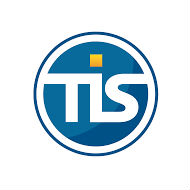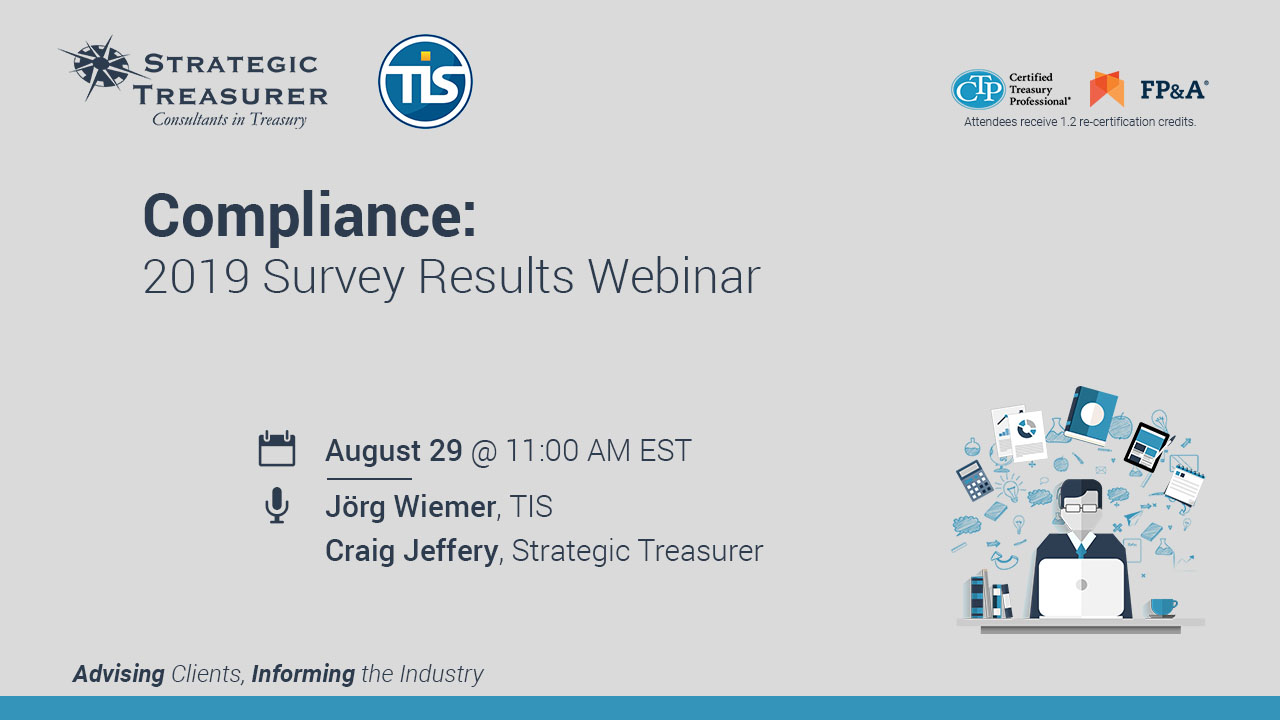Our banks are not like theirs (if they even have one)
| 08-10-2019 | by Pieter de Kiewit |
Recently Bloomberg reported about the authorities in Indonesia closing down 826 Fintech startups. My first assumption was this has to do with tax evasion and a very controlling government. Indonesia is most definitely not my field of expertise. Reading the article it struck me that my mindset concerning banking is quite limited and restricted to western standards. And over time I have noticed that I am not the only one. Reason to browse the internet, tell you about my findings and issues this concerning.
Even European banks are not all the same
In The Netherlands the retail banking standard was: banking services are for free and you get a decent percentage on your savings. Furthermore cheques were left in the previous millennium and even my grandmother uses on-line banking. Italian retail banking already came with an invoice long ago and cheques were and still are a standard in Germany. As many Europeans have no regular access to the (mobile) internet, banking on their computer or phone is not an option. One can also take this from the average number of banking offices to be seen in the streets of Amsterdam versus the ones in Bucharest.
Banking differences in the rest of the world
I did not do a comprehensive study but do know that for many of us Europeans a personal credit rating does not very sound familiar. When I lived in Canada I learned that you need a personal credit to get a cheque book. You get your credit rating by having an account where a regular income lands and improve it by leasing a car and pay your credit card bills in time. Without a credit rating no mortgage, a better credit rating results in a lower interest rate.
In some African countries telephone landlines were never installed and the first regular telephone was a cell phone. In parallel, bank accounts were skipped and cash is replaced by credit on this same cell phone. I think all these systems are doing a more or less proper job. Only if you want to cross the border you will need to help.
Problems with inadequate banking services
EY reports that over 200 million SMEs do not have access to banking services putting them in an offside position in the global economy. All this because the regular big banks want to deal with them as if they are a Western company. The Bloomberg article describes a situation where 90% of the Indonesian population has no credit card or access to banking services. Of course this is a facilitator for the black market economy. But also, there are examples where Fintech and loansharking are being combined with all related criminal behaviour and excessive interest rates. And, in a society without banks, what can you do with your savings? I think these are real issues.
Having browsed and learned I don’t think we should aim for a worldwide standard in banking. I hope we can learn from each other and that the banking landscape will be more honest, enabling a fair global economy. With this in mind I think I will have another look at cryptocurrencies introduced by Facebook and other new kids on the block. That is for another blog and by now I think I understand the Indonesian government better.
What are your thoughts and which interesting examples do you see around the world?
Pieter de Kiewit
Owner Treasurer Search














